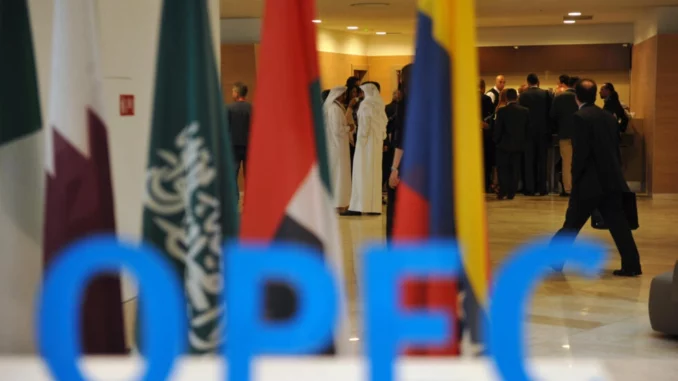
An oil production cut is on the way. An agreement was reached by the 23 OPEC+ member States, producers of around 40% of the world’s crude oil, meeting in Vienna on Sunday June 4. To boost the price of black gold which has been at half-mast for some time, they decided to cut quotas, but the disagreements have come to light.
It took a long time for the agreement to take shape: seven hours of discussions, and in the end, the production quota cuts for this year were maintained. A reduction of two million barrels per day. Opep+ also decided to tighten the tap a little more in 2024. Saudi Arabia, the world’s leading exporter, is going even further, with a voluntary cut of 500,000 barrels a day until December 2024. In any case, the unity that OPEC+ wanted to display has been seriously undermined.
African countries such as Angola, Gabon and Nigeria were not in favor of deep cuts in production, and were opposed to setting reference levels lower than the current ones.
“The United Arab Emirates, which wanted to produce more, said to certain African countries: “But you can’t produce on the basis decided by Opec+ years ago, so you could lend us a little more of your figure”. And some countries said “no way. Maybe we can’t produce at the level announced for the moment, but we have developments underway and we can keep this room for manoeuvre. We don’t want to give it to you”. And this is one of the issues that stalled the ministerial meeting of these 23 countries”, explains Francis Perrin, a researcher at Iris and a specialist in hydrocarbons.
In the end, the African countries had to give in. The capacities of each country will be reassessed. Next meeting of the 23 Opec+ countries at the end of November.
